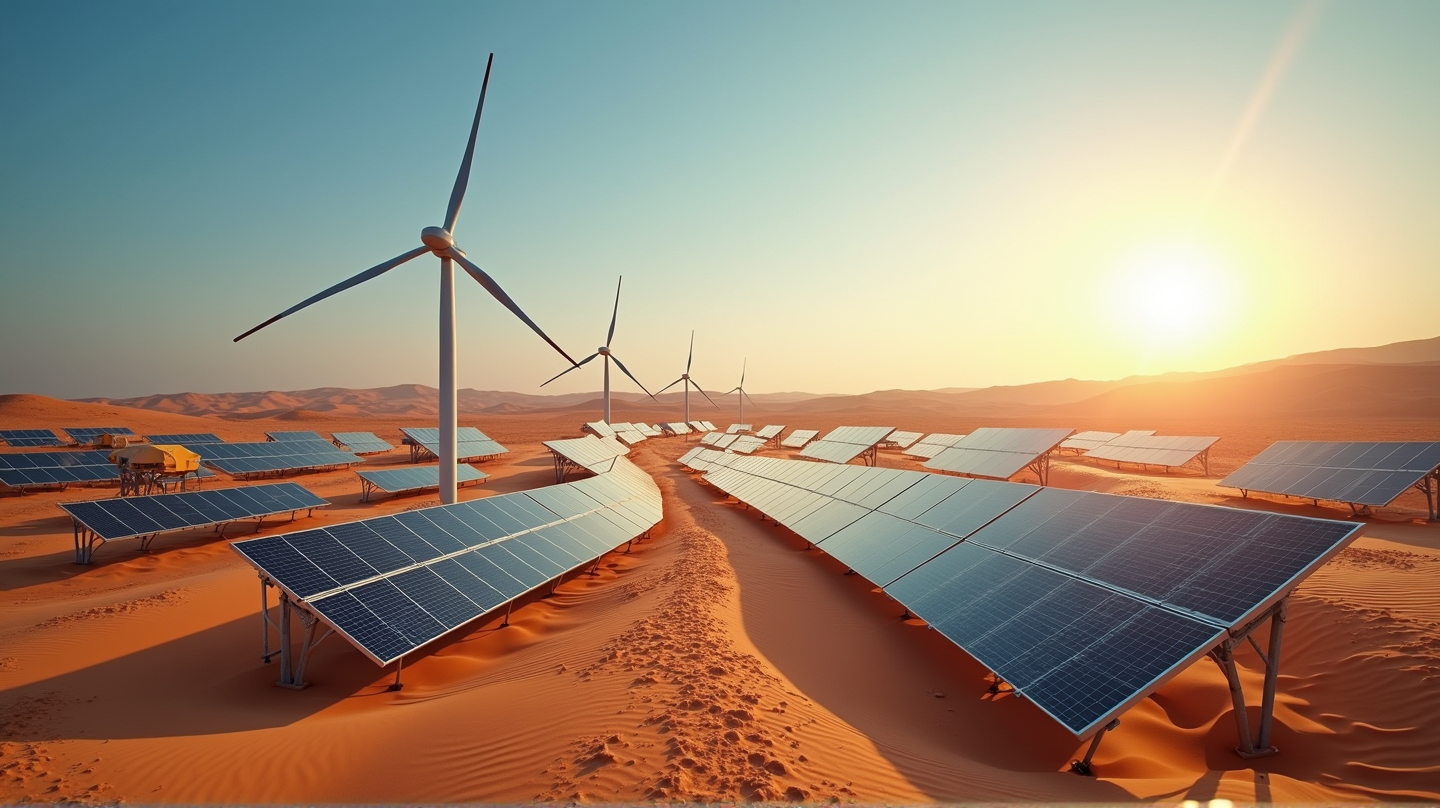Climbing the Energy Ladder: Morocco's Ambitious Path Forward
Despite slipping to 70th in the Energy Transition Index, Morocco is revving up efforts to pivot towards a cleaner, sustainable energy future.

In the journey towards a greener tomorrow, Morocco finds itself at a pivotal crossroads. As the nation ranks 70th in the World Economic Forum’s (WEF) 2025 Energy Transition Index (ETI), a noticeable dip from last year’s position, the signals for reform are louder than ever.
Understanding the Stakes
The ETI serves as a critical reflective surface, highlighting both progress and areas desperately calling for attention in the realm of energy. The index evaluates nations based on several key metrics, including energy security, equitable access, and environmental sustainability. In this assessment, Morocco’s score of 53.7 forms a mid-table result globally, pointing to a pressing need for escalated policy revision and investment.
Global Context and Pressures
Nordic countries are leading the way, with top rankings in the ETI reflecting high scores in sustainability and energy innovation. As recorded, the global demand for energy recently surged by 2.2%, a staggering jump attributed mainly to technological advancements and the increasing power demands of data centers. This spike is juxtaposed with renewable energy investments reaching an unprecedented $2 trillion, yet falling short in the context of achieving 2030’s climate goals.
The Moroccan Response
Recognizing the need for action, Moroccan ministers have embarked on collaborative initiatives. Energy Transition Minister Leila Benali and Transport Minister Abdessamad Kayouh are spearheading efforts to synchronize green policies across sectors, integrating renewable solutions across land, sea, and air transportation.
Benali emphasizes Morocco’s green industrial potential, spotlighting sectors like solar, wind, and battery production as vital for ensuring strategic independence. The overarching aim is to not only align with global sustainability efforts but to also emerge as a regional leader in the green economy.
A Path Forward
The WEF has recommended robust, localized strategies to overcome energy transition hurdles. These include fortifying regulatory frameworks, upgrading essential infrastructure, and fostering financial accessibility, particularly in developing regions.
Morocco’s continued commitment to expanding and refining its renewable infrastructure reinforces its ambition to tackle both domestic and broader climate challenges. The foundation is set, and the time for scale, connectivity, and sustaining these efforts is now, as noted by Minister Benali.
Closing the Gap
As the nation steers towards its clean energy goals, this moment of reflection serves as both impetus and reminder, echoing the necessity of coordinated, innovative, and resilient strategies in navigating the pressing challenges of energy transition. According to Morocco World News, Morocco’s ongoing dialogue and collaboration within its government are critical to cultivating the green ambitions it holds for the future.





